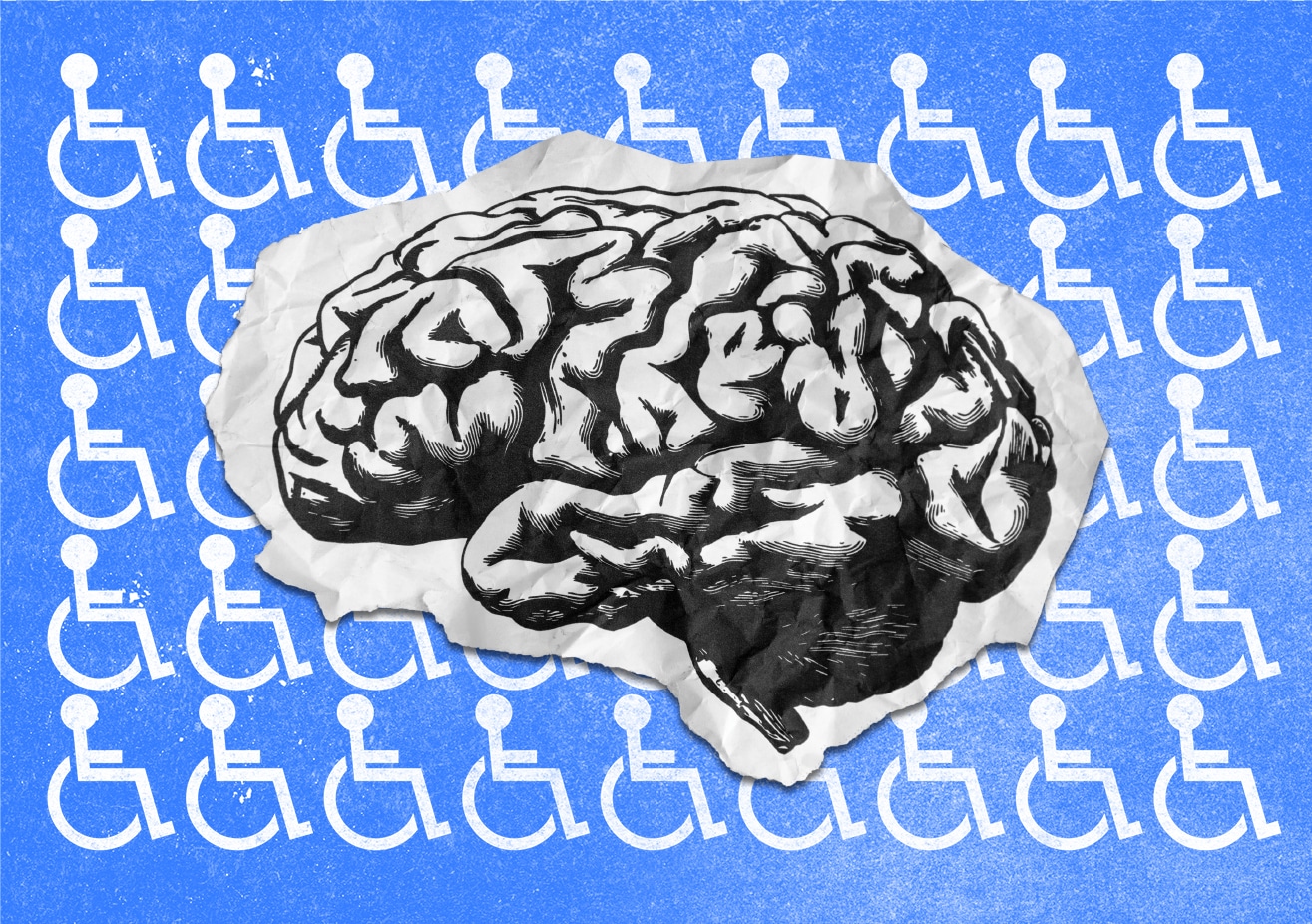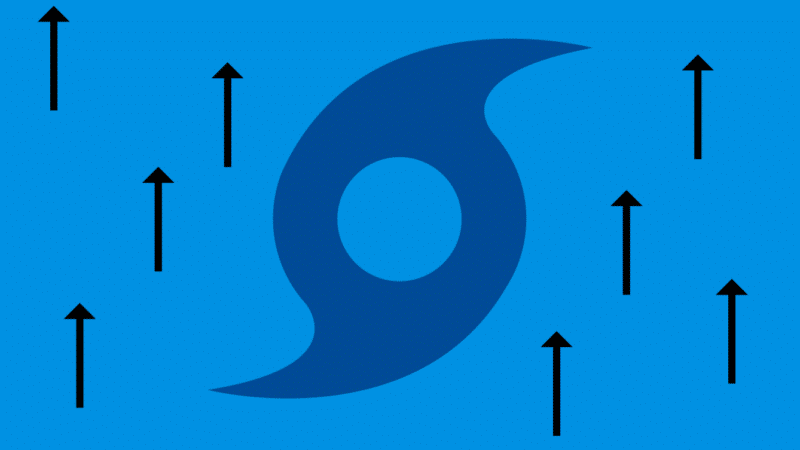Supplemental Security Income for those with disabilities is not enough when homeless — it hasn’t kept pace with rent increases and gaining any income means a loss in these funds.
By Mary Stewart
I’ve seen him twice — the elderly man who carries his belongings in shopping bags. The first time was in front of the Wendy’s on Glades Road. He was pushing a shopping cart and explaining to me that his wife of over 30 years had kicked him out. It broke my heart, and I gave him $5.00 to buy himself dinner — despite being homeless myself.
Then, last Christmas day, I saw him again. He was pushing a walker with ten shopping bags attached to it with his belongings. Neither of us had anyone to spend the holidays with, and the elderly man was craving Italian food. Changing Lives of Boca was hosting a Christmas celebration for the homeless and an Italian dinner was being catered, so I invited him to spend the day with me.
I learned that he was on a Social Security check and that a case manager had attempted to place him in a few different assisted living facilities, but he kept being kicked out because he was hard to get along with. He had trouble walking, and wore diapers because he couldn’t control his bladder. Even the volunteers at the homeless ministry said it was inhumane for him to be left to fend for himself on the streets.
He was so grateful for the meal, clean outfit, adult diapers, and small backpack that he kept bursting in tears all day and thanking me for inviting him along. He said no one had ever done that for him before. Although I personally feel that he should be in an assisted living home and wish that I could’ve done more to help, I understand what he’s going through because I’ve been there myself.
I’ve been on Supplemental Security Income (SSI) since I was 8 years old for high-functioning autism and bipolar disorder. When I was 18, I spent time in assisted living facilities and a therapeutic day program for the severely mentally ill. While I never denied my illness, I knew that I was intelligent and high-functioning. I wanted to go to college, work part-time, and live independently. I was so miserable in the assisted living home and day program that I threatened suicide 13 times in 6 months.
Eventually, I broke out of the system and lived on my own, or with my ex-boyfriend’s sister. My SSI check was only enough to pay the rent, so I picked up fast food jobs and my grandmother would help me pay utilities when I was out of work. Each time I got a job, my benefits would be cut back, but I still brought in a little more income with a part time job and a partial SSI check than I would’ve on SSI alone.
But over the years, rental rates increased and landlords became stricter about who they would rent to, like requiring rental applicants to have an income that was two to three times the amount of the monthly rent. Because of this, my husband and I had to instead save two weeks of panhandling money for a deposit on an RV rental. We had a fellow homeless friend write a note saying that my husband did lawn maintenance for him, so we would qualify to rent the RV.
We lived there for two years before moving out due to the landlord not keeping up with repairs. But we couldn’t find another rental on my SSI income alone.
Of course, I could’ve gone to live in another assisted living facility — my SSI check still qualifies me for assisted living even though I don’t need that level of care — but I don’t want to lose my sense of independence. Even though I’m disabled, I’m able to cook my own meals and know how to take my medication. I’m capable of my basic living skills. I didn’t need assisted living, I needed supportive independent living or a subsidized apartment, such as HUD housing or section 8.
And almost every elderly or disabled person I know feels the same way. We recognize that we have limitations and need a little help, but we want to do the things that we are capable of doing ourselves.
Assisted living is also very expensive. Elderly retirees can sometimes afford the nicer facilities and still have a little money left over every month due to receiving full retirement benefits, Medicare coverage, and either having money saved or life insurance from a deceased spouse. But SSI can only get a person into a run down assisted living home with mediocre care — and even that costs them almost their entire check.
There is a high correlation between SSI recipients and chronic homelessness, and if that initial homeless episode lasts long enough for the person to make friends and become comfortable with the outdoors, they’ll often choose to continue to live outside and keep their benefits for their basic needs — especially if they are capable of daily living skills.
These are people who have income and legitimate limitations on their ability to work. They are willing and able to pay rent, but simply can’t afford housing. There needs to be more low income supportive housing for the disabled. If there were apartments where the person could have their own room, split the rent, and have transportation to the grocery store and doctors, many of these people would gladly get off the street. But these types of programs are hard to find and get into.
Goodwill industries has programs called Project Success and Project Succeed, which were originally designed to address the issue of homelessness and disabilities. But the waiting list is long — especially since Goodwill teamed up with the Lewis Center and expanded their eligibility to include chronically homeless people who are willing and able to work.
The Jerome Golden mental health center, which is now closed down, offered supportive independent living, but there was a waiting list and they wanted clients to start out with assisted living and day treatment, working their way up to independent living. They also used to have contingency funds to cover move-in costs for clients.
Although I never got into a supportive apartment, I did receive contingency funds twice, which made it possible for me to rent a place. Since SSI benefits are barely enough to cover basic expenses, it’s almost impossible for recipients to save money for housing necessities like deposits.
But Jerome Golden is now closed down, and the other mental health center in Palm Beach is taking those former clients on top of their existing clients. And they’ve started to deny services to certain types of clients, such as those with co-occurring mental health and substance abuse issues.
The closure of Jerome Golden has left many mentally ill SSI recipients homeless and without treatment. I know one such homeless man in Boca Raton. He’s very quiet and keeps to himself, so no one has complained about him hanging out at the Westwinds shopping plaza all day. He receives SSI for mental illness and lives off his benefits throughout the month while sleeping outside. He wants to rent a place, but can’t afford his own apartment on his benefits, so he’s been trying to find someone to roommate with.
I also know a homeless man who has schizoaffective disorder — a severe mental illness characterized by psychosis and mood swings. South County mental health closed his case and discontinued his medication because of his co-occurring alcoholism. He doesn’t know what is going on with his SSI check and told me that all he wants is to become mentally stable again.
“Most people don’t seem to realize that disabled individuals have varying levels of functioning. They think either the person is a complete invalid who needs assisted living and intensive care, or they’re not disabled at all — there’s no in between.”
Many people have told me that I don’t look disabled and need to get a job because I have two good legs. Even when I explain that my disabilities are emotional and developmental, they often point out that I seem to be intelligent. But once they witness one of my panic attacks or meltdowns, they are inclined to call law enforcement and have me baker-acted.
Most of my mental health providers have recognized that I’m high-functioning and see me for medication management only. But my most recent provider insisted that I attend psychosocial rehabilitation where I had to play bingo and learn basic living skills I already know.
But I’m not low functioning or severely mentally ill. I graduated with my associate degree cum laude, continued on for my bachelor’s degree, and made straight As last semester. I handle my own bookkeeping for my freelance writing business, and filed my taxes this year.
Most people don’t seem to realize that disabled individuals have varying levels of functioning. They think either the person is a complete invalid who needs assisted living and intensive care, or they’re not disabled at all — there’s no in between.
Most people recognize that I’m different, but don’t understand. I’ve been bullied in group environments and staff members often call the police the second I have a mild meltdown. When this happens, the program subsequently kicks me back out on the streets because they don’t have the mental health capacity. This scenario has happened to me repeatedly.
I understand the elderly man having trouble getting along with others, I’ve always been an outcast and an introvert. I rock back and forth and am very emotional, I have trouble multitasking and handling stress, and I occasionally experience panic attacks and flashbacks due to repeatedly being victimized while homeless.
These emotional problems have prevented me from holding down jobs, which is why I receive an SSI check. And people’s lack of understanding is a huge part of the reason that I’d rather camp outdoors than live in a group environment.
Many disabled people can maintain certain types of jobs, but they may not be qualified for the job position that they can handle. For instance, wheelchair bound people may be able to work a desk job, but aren’t always experienced or educated in that type of work. There are organizations, such as Vocational Rehabilitation, that help the disabled figure out their strengths and determine which jobs are best for them. But employment isn’t always the answer for SSI recipients.
People who receive Social Security Disability Benefits (SSDI) have either paid into the program or draw off their parents or spouse. They are able to earn a halfway decent amount of money and still keep their benefits. But SSI is income based, so a recipient’s benefits are significantly reduced when they work — even if they earn extremely low wages.
I started working as a freelance writer a year and a half ago. I work on a contractual basis, so I don’t have a steady paycheck and some clients pay better than others. But I’ve finally found something that I can do to earn a little money in spite of my disability. Even though I don’t earn much, freelance writing helps me get through the month and is much less stressful than fast food jobs. But my job has come with a price.
My SSI check was cut back drastically this year, all because I earned a mere $4,000 last year as a freelance writer. I did the math and between taxes and benefit reductions, I hardly profited at all. And people wonder why SSI recipients sleep outside and panhandle to make ends meet.
The only way that an SSI recipient can overcome poverty is to get a good paying job with a salary and benefits and let the SSI check go. But even though some disabled people are capable of certain part time jobs, very few will ever be able to handle a full time career. If they had that capacity, they wouldn’t be receiving SSI in the first place.
My recent mental health provider encouraged me to hold off on school, and to budget my SSI benefits and turn to community resources instead of continuing to work. I couldn’t balance their day program, plus work and school, so my grades suffered and I withdrew from school. I still continued to write, but the reduction in my SSI benefits has led me to realize why they weren’t supportive of my decision to work.
But what is a person supposed to do when the maximum SSI benefit is barely enough to make rent? If we don’t want to go to assisted living and can’t find a roommate, we have to find another way to earn money.
Some people are against helping the homeless because they think that a job is the answer to our problems. They believe that if a person doesn’t want to go to work and help themselves, their homelessness is their own fault. But what about the disabled? We’re not looking for a handout, we simply need access to affordable independent living.
While it’s true that some people play the system, the Social Security Administration isn’t quick to declare a person disabled and start sending them checks. Almost every person who receives these benefits is legitimately disabled. But not every disability is visible to the naked eye.
So, when a panhandler tells you that they can’t work, they may be telling the truth. As for me, I’m too stubborn to stop writing, even though it’s not helping much financially. Most homeless disabled people want to be as independent as possible, and until more supportive independent living programs are established, they’ll continue to sleep outside and supplement their meager benefits in any way they can.



